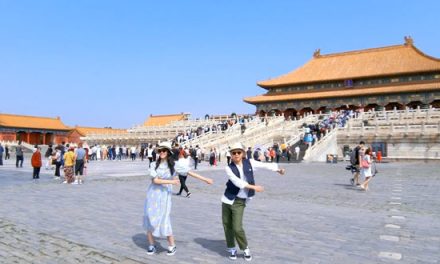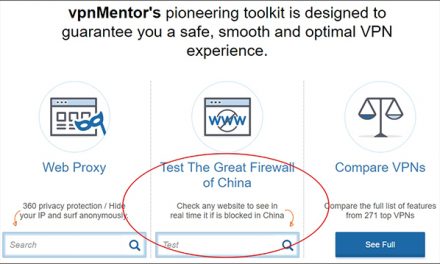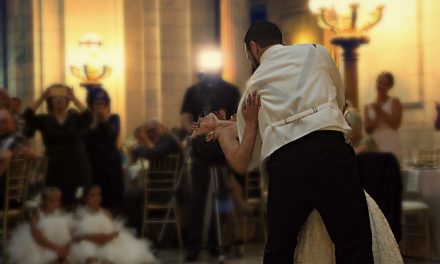The fourth estate refers to the profession of journalism, specifically the Press. It is derived from the old English idea that there are 3 estates: the Lords Spiritual, the Lords Temporal and the House of Commons. A modern democracy is based on the separation of power between 3 branches: the legislative (elected parliament), the executive (the government) and the judicial (the courts), which serve to check and balance each other.
The notion that the Press is the fourth estate rests on the idea that the media’s function is to act as a guardian of public interest and as a watchdog on government activities (Ref 1). It is seen as having a central role in ensuring accountability in the democracy by revealing the detail of debate in the political process and investigating the interests various positions in that debate serve (Ref 2). Thus, it is an important component of the checks and balances that form part of a modern democracy (Ref 1).
The fourth estate concept confers on journalists soft power, that is, it places them inside the political process yet outside the institutions of governance (Ref 2). Herein lies the danger of this power. Can we fully trust the media to play the important role as envisaged for the fourth estate, without it being subjected to some sort of regulation?
There is no doubt that the media wield great influence in shaping the opinions of the general public, to the extent some people take what are being reported in the media as gospel truths. Few people will go to validate the accuracies of the reports. The lack of accessibility to the sources further compounds the difficulty of verification.
It is imperative that media should be accountable, responsible, ethical, free from bias and prejudices, in view of its increasing stature and influence. Media moguls have become so powerful that Prime Ministers and PM wannabies sought them instead of the other way round (Ref 3). According to this New York Times article, the News Corporation has historically used its newspapers to shape and quash public debate, routinely helping to elect prime ministers with timely endorsements while punishing enemies at every turn.
The profit-driven business model of private media enterprises and the consumer nature of news reporting has made it difficult for media to remain as independent, neutral commentators, free of self-interest and political agenda. The increasingly blurring of line between mainstream and tabloid journalistic practice is in particular a worrying trend.
The current phone hacking scandal leading to the closing of News of the World, the 168-year bestselling British tabloid,has brought the media under public scrutiny. Up to 4000 people in the U.K. had been targeted for hacking (Ref 4), including Prince William (Ref 5) and former British Prime Minister Gordon Brown who alleged the Sunday Times had employed “known criminals” to impersonate him and illegally access his financial, phone and legal records as well as his son’s medical records (Ref 6). Media watchers and former journalists say the practices used by the News of The World were common across the industry (Ref 7). Hence, this could be a widespread problem rather than confined to isolated cases.
The crisis had spread across the Atlantic to the United States where the FBI opened a case on 14th July to investigate claims that the News of the World hacked into voicemails of victims of the 9/11 attacks (Ref 8).
The repercussion appears to be heading down under, where the Australian government is considering supporting a Greens proposal for an independent inquiry that would include media ownership laws, newspaper self-regulation, journalist ethics and opinion masquerading as news (Ref 9).
This inquiry would have come at a handy time for the government which is frustrated by the manner News Ltd covered a series of issues, including climate change and the national broadband network. Government adviser Professor Ross Garnaut had lambasted media reporting of climate change. He said “The science is good, the media bad, the situation worse.” (Ref 10) He said much of the reporting had been “about the crudest and most distorted discussion of a major public policy issue in my long experience of Australian public policy“. “I could give you dozens of examples,” he said. ”Facts are ignored, the rules of logic violated and it is rare for people professing strong opinions to go back and look at the documents on which they have commented.” (Ref 11) Cate Blanchett was attacked by News Ltd for appearing in an advertisement that supports carbon tax just because she would have no problem paying the tax due to her wealth (Ref 12, 13, 14).
However, the notion of the fourth estate still has its appeals. The New York Times’ columnist, David Carr credited the unique function of newspapers themselves for bringing out the story. He said, “how did we find out that a British tabloid was hacking thousands of voice mails of private citizens? Not from the British government, with its wan, inconclusive investigations, but from other newspapers.” (Ref 15)
Reading
- Journalism – Is it still the fourth estate?
- The end of the fourth estate?
- The Trouble with the Fourth Estate
- Press must lift its game on self-regulation




